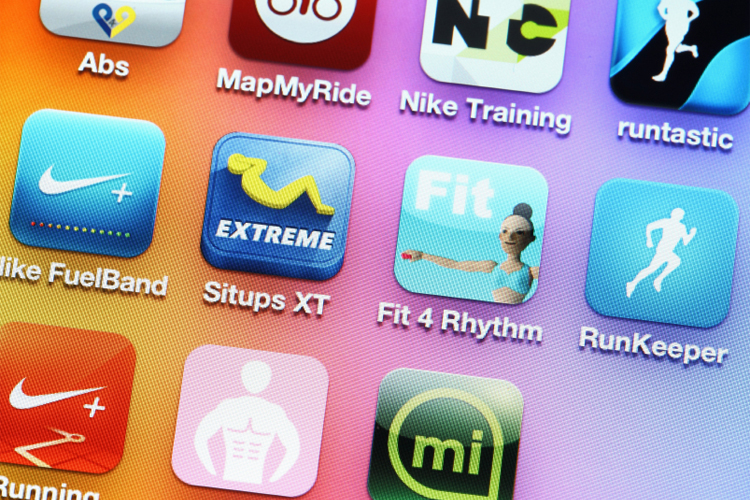Feel sick, see a doctor — that is how medicine works, right? We generally regard health professionals, whether doctors, dentists, nurses, or specialists as the gatekeepers and the collectors of most knowledge bout our health. We visit them when we are sick, and also when we are healthy so we can get a”check up” on our bodies. More and more, there is an increased emphasis on the value of knowing, or as some other might put it, in increasing the level to which patients are engaged in their healthcare and in having access to their information. Part of what is driving the desire for that access is the availability of technological tools and knowledge to understand and manage our own health right on our smart phones, computers and tablet devices. Welcome to the health gadget revolution.
The use of personal mobile devices, like smart phones and tablets, is continuing to gain momentum across the globe. In many countries smart phones are nearly ubiquitous. These devices are changing more than just how we get information, they are also changing how we interact with the healthcare system and what know about our health.
Some of the first uses for smart phones in this space revolve around personal fitness. There is a growing industry of designers and developers making apps in this space. For runners, there are apps like Runkeeper and Nike+ Running, which are able to track your mileage and even help other people provide you with moral support via social networks like Twitter. For gym go-ers, there are workout trackers, providing tools for people to both log their workouts and even learn the correct techniques.
Other apps enable people to track caloric intake. People can look up the calorie information of their food and record that information in a daily log. Most of the apps even contain nutrition information for popular restaurants.
Apps can also help you learn about your health in more direct ways, whether that is measuring heart rate, or eye sight. Siemens has created an iPhone or iPad app that can even test your hearing. Found some unlabeled pills in your medicine cabinet? There is an app for that as well. Pillbox lets people identify unknown pills by their colors, shapes, and markings. Another particularly helpful smart phone app is Glucose Buddy, designed to be an easy tool to help diabetic patients track their glucose levels and other relevant data.
Other innovative health gadgets are seen in the form or wearable devices, for example, things like fitness wristbands. Designed to be worn throughout the day, the devices, notably Fitbit and Up by Jawbone, monitor how much you move throughout the day. These devices can also help track things like sleep cycles and other information.
These health gadgets and apps are just the beginning. By working with health technology leaders like Siemens, some of the data that these devices collect could one day be used to help monitor and track healthcare across a community. Or the information could be use to inform larger national databases to predict trends and better tailor care. Having this information available for physicians could create a better dialog during an offices visit or it could be used to monitor how well a patient is complying with medical advice and it could help determine if additional intervention might be helpful. More sophisticated healthcare information technology solutions can start delivering our results and lab tests to us directly through patient portals. Using those same types of portals, people can even view appointment availability, set communication preferences, pay bills, update insurance information and communicate securely with a physician.
The data these devices are able to collect can give individuals more access about their own healthcare information than ever before. But, health gadgets are more than just sensors, they are also important windows to a community of communities: those for people whom run, row, bike, those with concerns, and those with known conditions. In this way, personal mobile devices are able to connect us with others who share a common experience, where we can learn from each other, teach each other, and support each other. The ability to create interconnected communities of individuals might be the greatest benefit these devices can provide.

